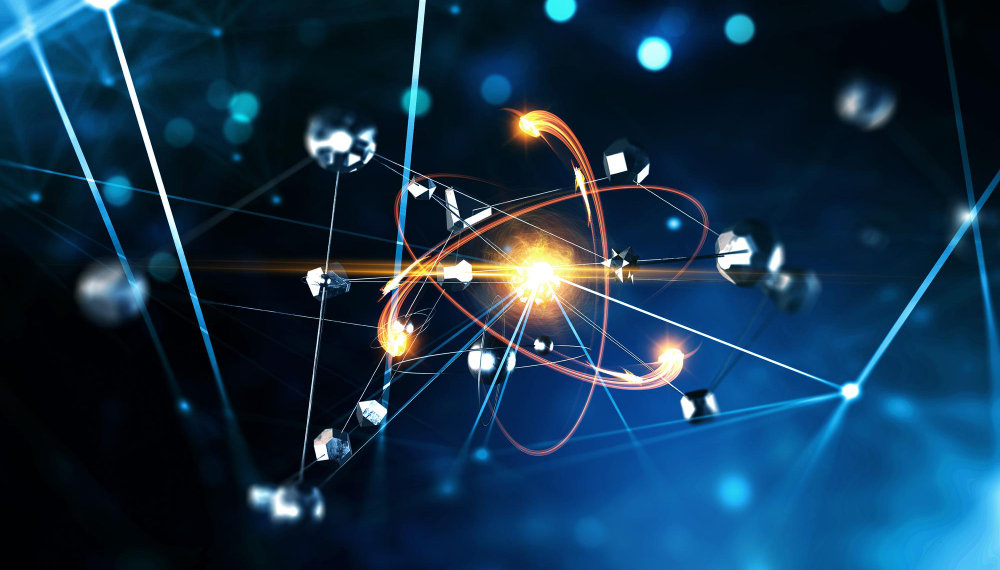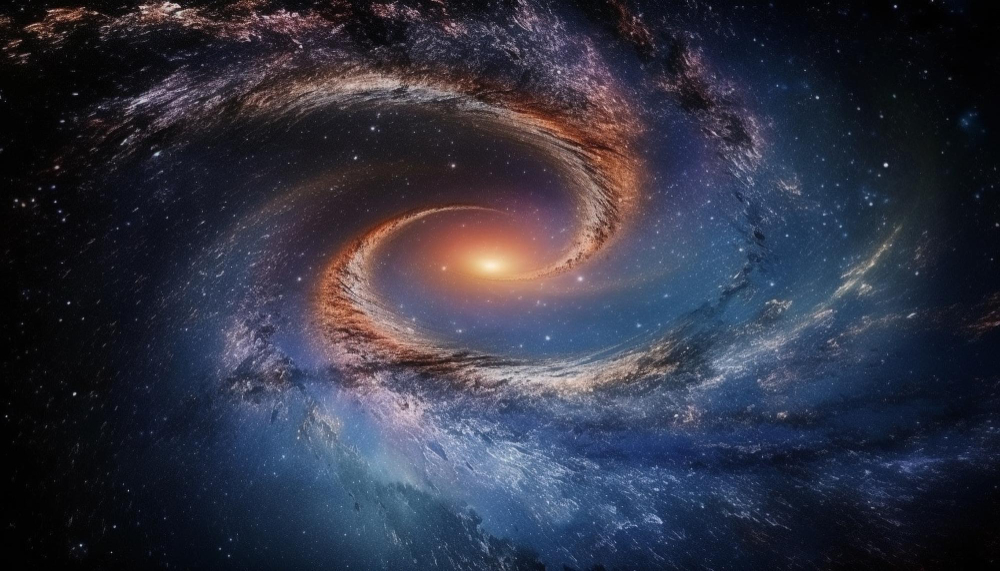Research
The Physics department at Stellenbosch University is research orientated, with undergraduate and Honours courses geared at producing quality post-graduate students. An active and vibrant researcher cohort ensures that the SU Physics department has established itself as one of the best research focused Physics departments in the country. Research at the department can be broadly divided into four groups: Nuclear Physics (including Radiation and Health), Theoretical Physics, Photonics (Stellenbosch Photonics Institute) and Astrophysics. The large number of quality publications originating from the department plays testimony to the quality of research being performed.
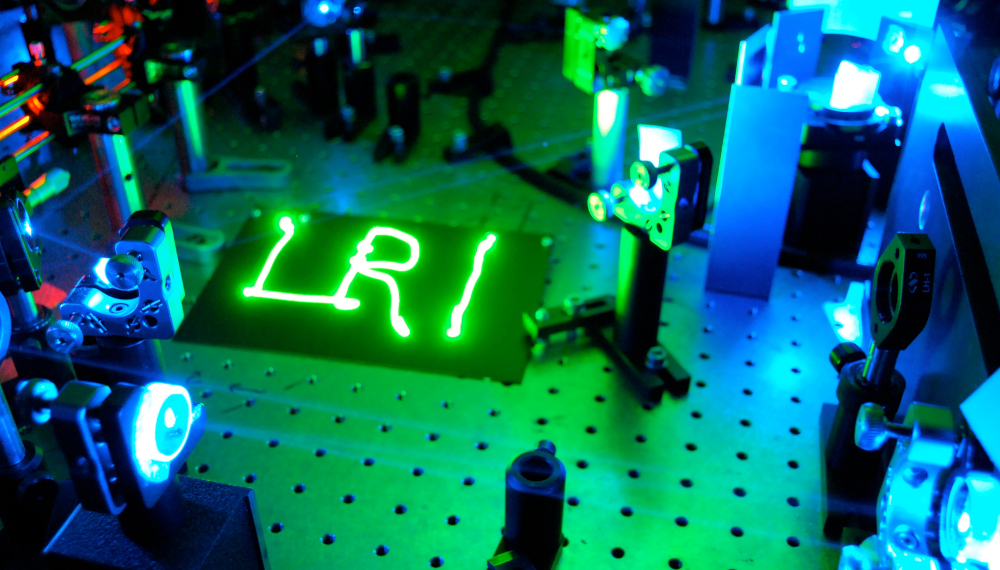
Photonics
The Stellenbosch Photonics Institute focusses on photonics related research and development in Southern Africa. The group boasts excellent laser facilities, world-class research projects, and a vibrant combination of students, lecturers and other staff members. These factors combine to generate a unique and highly successful research environment.
Theory
The fundamental objectives of the Theory research group is to undertake research projects in theoretical physics, to assist in the education of graduate students and to provide a centre for the development and co-ordination of activities in theoretical physics in the Physics Department and elsewhere. (Please click on the image above to be taken to theoretical physics page.)
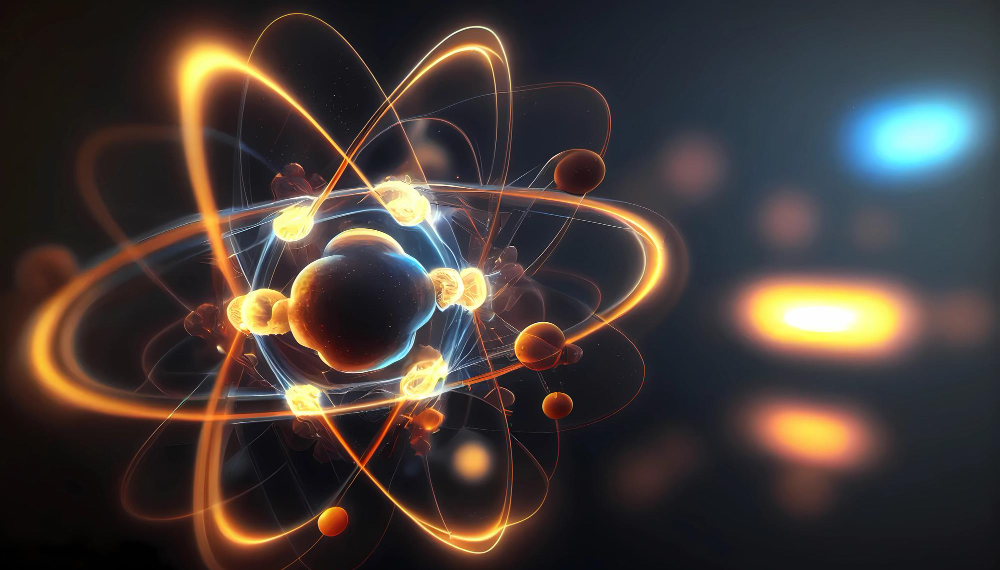
Nuclear
The Nuclear Physics research group focusses on nuclear structure and nuclear resonances in the intermediate energy regime. The research is closely alligned to the research activities at Ithemba LABS, the national accelerator facility located just outside Stellenbosch
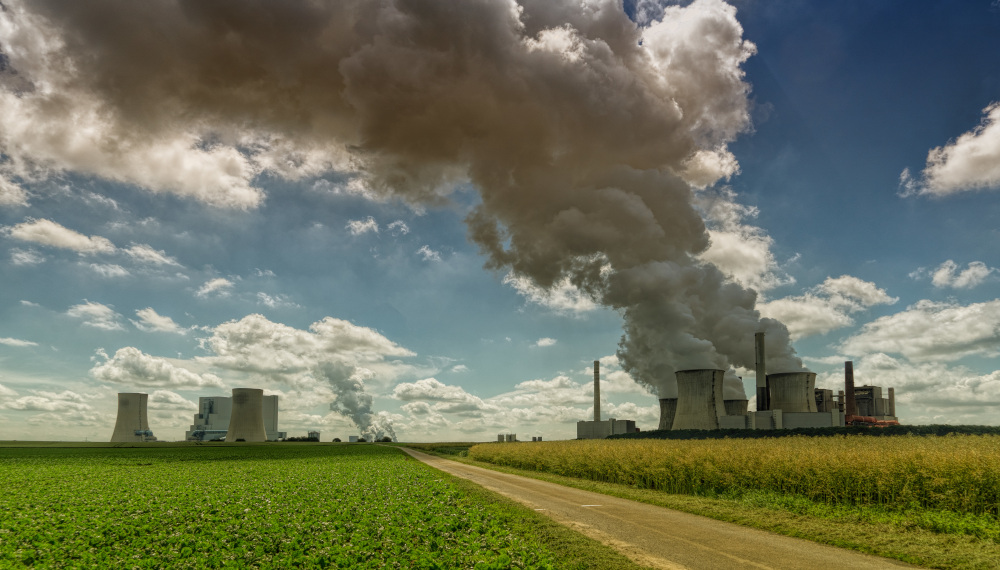
Radiation and Health
The Radiation and Health research group conducts research on environmental nuclear radiation risks and exposure.
Astronomy and Astrophysics
The research focuses on connecting fundamental physics with astronomical observations, and aims at understanding the fundamental laws of the Universe. We are actively working on the epoch of reionization, extragalactic astronomy, the early Universe, dark matter indirect detection, neutron stars and black holes.

